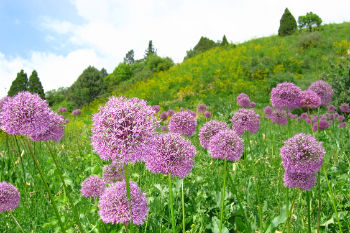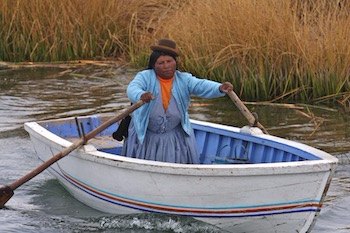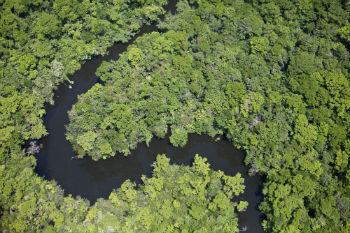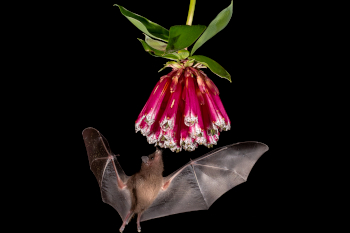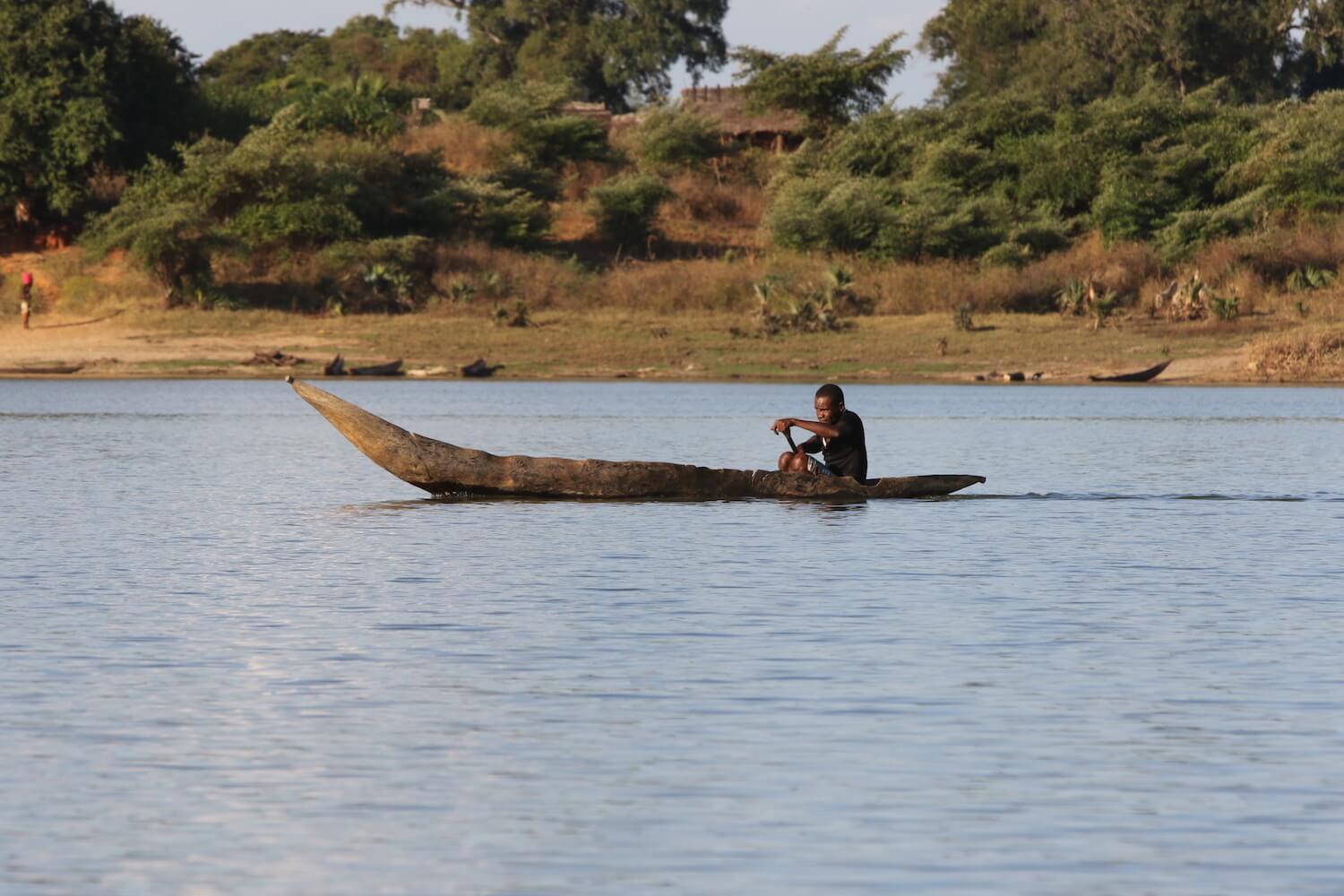CEPF's investment in the Madagascar and Indian Ocean Islands Biodiversity Hotspot is guided by the following strategic directions as outlined in the ecosystem profile.
- Empower communities and civil society to implement actions to improve the resilience of species, ecosystems, and human populations to climate change in priority Key Biodiversity Areas (KBAs).
- 1.1 Implement EbA actions, including agroforestry, “climate smart agriculture”, eradication of IAS, restoration of degraded watersheds and coastal ecosystems (including wetlands, mangroves, reefs and seagrass beds), and promotion of sustainable management of coastal and terrestrial ecosystems.
- 1.2 Support the establishment and development of economic models that improve the resilience of local communities to climate change and support value chains for natural products, while strengthening ecosystem services that contribute to EbA.
- Support local communities and civil society to strengthen the integration of the EbA approach, ecosystem resilience and biodiversity conservation into political and economic decision-making processes and education.
- 2.1 Develop engagement strategies with private sector actors for the integration of EbA into their activities, and also for the conservation and sustainable use of biodiversity and renewable natural resources.
- 2.2 Support civil society to disseminate information and influence political and economic decision-making processes in favor of biodiversity, conservation priorities, ecosystem services and EbA.
- 2.3 Support civil society in the development and implementation of disaster risk reduction measures.
- Strengthen the capacity of local communities and civil society at regional and local levels to enhance adaptive capacity and reduce exposure to climate change risks.
- 3.1 Strengthen the technical, administrative and financial capacities of local CSOs with missions related to the environment and the fight against climate change.
- 3.2 Promote exchanges and partnerships (at the national and regional levels) among CSOs working in priority KBAs, to strengthen technical, organizational, management and fundraising capacities.
- 3.3 Support the emergence of a new generation of conservation professionals and organizations specializing in biodiversity conservation, ecosystem services and climate change by supporting, with small grants, technical and practical training and exchange visits.
- Support research and ensure the dissemination of results for the promotion and improvement of knowledge on EbA actions and related good practices.
- 4.1 Support applied research activities that improve understanding of the role of specific ecosystems and test the effectiveness of promising EbA techniques.
- 4.2 Support research activities that measure and verify the impact of the grant portfolio on ecosystem services.
- 4.3 Support civil society to promote public awareness and education on biodiversity, conservation priorities, climate resilience, ecosystem services and EbA.
- Provide strategic leadership and effective coordination of CEPF investment across the hotspot through a regional implementation team.
- 5.1 Build a broad constituency of civil society groups that work across institutional and political boundaries to achieve the shared conservation goals outlined in the Ecosystem Profile.
- 5.2 Improve operational and monitoring processes and coordination of CEPF grant resource allocation to ensure effective implementation and strategic guidance in an accountable and transparent manner that is fit for purpose on a country-by-country basis.
